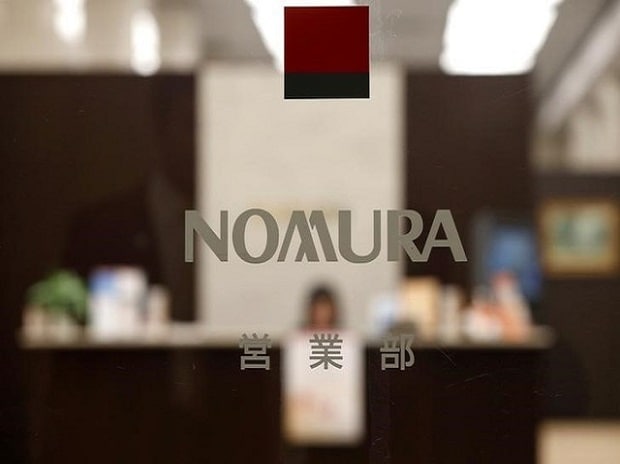The market is factoring in a 26 per cent compounded earnings growth (CAGR) in earnings between fiscal 2020-21 and 2022-23 (FY21-23), suggests a recent report by Nomura, with banks, autos, metals, oil and gas, and information technology (IT) services being the key contributors to incremental earnings over the period. On the other hand, there are potential risks to current estimates for consumer, telecom and financials, which could lead to a 5-10 per cent cut in FY23 earnings estimates, it said.
“Even considering a 10 per cent cut, it would imply a CAGR of 19 per cent over FY21-23, higher than the high-single-digit to low-double-digit growth recorded in the past. We think a cyclical upturn, along with measures such as prudent capital allocation and cost control (further accelerated by the pandemic), supports improvement in return on equity (RoE) and earnings growth,” wrote Saion Mukherjee, India equity strategist at Nomura in a note dated June 21, co-authored with Neelotpal Sahu.
Besides strong corporate earnings, the current rally in the equity markets is also supported by benign macros, Nomura said, with a very supportive monetary policy. For the Indian markets, the research and brokerage house believes, the risks are from a combination of growth slippage, inflationary pressures, fiscal stress and policy change following the pandemic.
“We are closer to the Goldilocks scenario factoring in economic recovery, earnings recovery, only transitory inflationary pressures and therefore a largely supportive central bank. The market is currently trading at 20.5x one-year-forward earnings, above the historical average of 16x. Revival of earnings growth and lower cost of capital have supported market valuations. We expect market valuations to settle somewhat lower in the high teens," Mukherjee and Sahu wrote.
On the other hand, those at Morgan Stanley expect more upside in the markets going ahead with India outperforming the other emerging markets (EMs).
“If we exclude the 2003-08 bull market, the average duration of the other four bull markets is 72 weeks, compared with 64 weeks for the ongoing one. Given our view of a likely new profit cycle, the 2003-08 bull market duration may be the template for the ongoing bull market. Earnings and return on equity (ROE) are depressed. If we are right about the coming new earnings cycle, fundamentals bear considerable upside. Interestingly, thus far, this is lowest interest rate regime we have had in a bull market,” wrote Ridham Desai, head of India research and India equity strategist at Morgan Stanley in a coauthored report with Sheela Rathi and Nayant Parekh.
A large part of this rally, Morgan Stanley believes, is likely to be fuelled by foreign money. Consumer discretionary, industrials and financials are their top picks for the year.
“Material upside can be expected on FPI flows. We are still in early stages of the equity issuance cycle and they could rise anywhere between 3 to 5-times average market-cap before this bull market ends. Unlike popular perception, we think trading activity in this bull market is not elevated,” Morgan Stanley said.
As an investment strategy, Nomura remains overweight on exporters (IT, Pharma, select exporters), domestic investment themes (industrials/infra) and financials. Remain underweight on autos, consumer and cement; Neutral on Metals post the run-up and significant outperformance.
"We remove Apollo Hospitals, Marico and AIA Engineering from our portfolio given the recent run-up. We add Concor, Gujarat State Petronet and Tata Consumer. Our top picks are Infosys, Sun Pharma, Axis Bank, Gujarat State Petronet and Max Financial Services," Nomura said.
 Dear Reader,
Dear Reader,
Business Standard has always strived hard to provide up-to-date information and commentary on developments that are of interest to you and have wider political and economic implications for the country and the world. Your encouragement and constant feedback on how to improve our offering have only made our resolve and commitment to these ideals stronger. Even during these difficult times arising out of Covid-19, we continue to remain committed to keeping you informed and updated with credible news, authoritative views and incisive commentary on topical issues of relevance.
We, however, have a request.
As we battle the economic impact of the pandemic, we need your support even more, so that we can continue to offer you more quality content. Our subscription model has seen an encouraging response from many of you, who have subscribed to our online content. More subscription to our online content can only help us achieve the goals of offering you even better and more relevant content. We believe in free, fair and credible journalism. Your support through more subscriptions can help us practise the journalism to which we are committed.
Support quality journalism and subscribe to Business Standard.
Digital Editor


RECOMMENDED FOR YOU